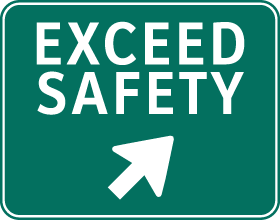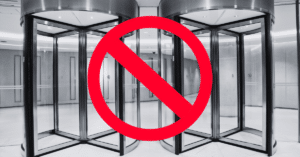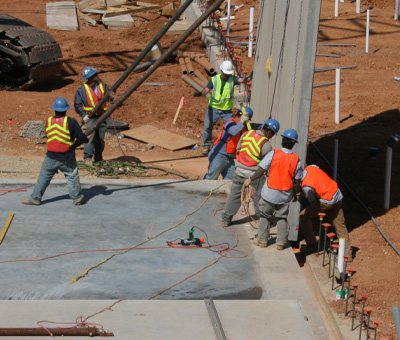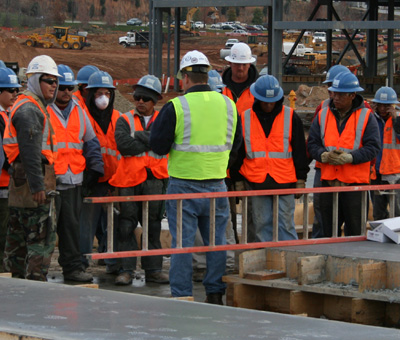The construction industry, often celebrated for its physical strength and endurance, faces a less visible but significant challenge: mental health.
This blog post explores the unique mental health struggles within the construction workforce, emphasizing the alarming rates of suicide and addiction, and underscoring the vital role of leadership in cultivating a supportive and healthy work environment.
Unique Mental Health Challenges for Construction Workers
Construction workers endure a demanding environment that requires not only physical but also considerable mental resilience. The job’s long hours, tight deadlines, and physically strenuous nature significantly impact mental well-being. Factors such as chronic pain, sleep issues, and a culture that prizes toughness exacerbate stress, anxiety, and depression. The COVID-19 pandemic has further intensified these challenges, increasing uncertainty and concerns for personal safety.
The Impact of High Suicide and Addiction Rates
The construction industry confronts a grave issue with its high rates of suicide and addiction among workers. These are not merely personal tragedies; they signify broader systemic issues within the sector. The combination of physical and mental demands, along with a culture that often discourages seeking help, fosters a harmful silence. This silence leads to decreased safety, lower productivity, and a workforce battling hidden struggles. Addressing these issues is a moral necessity and a critical step toward a healthier, more sustainable industry.
Leadership’s Role in Mental Health Strategies
Leadership is crucial in shaping a mentally healthy work environment in construction. The commitment of CEOs, managers, and supervisors to mental health awareness can transform organizational culture, breaking down stigma and encouraging open conversations. Effective leadership involves not just acknowledging the problem but actively investing in solutions, such as employee assistance programs and regular mental health training. Leaders who prioritize mental health not only improve employee well-being but also set an industry-wide standard.
Benefits of Proactive Mental Health Support
Investing in mental health initiatives is a strategic move for the construction industry. It offers substantial returns in human capital and financial benefits. For every dollar invested in mental health programs, businesses may see up to four dollars in returns through increased productivity and decreased absenteeism. Training, awareness programs, and accessible support systems foster a healthier, more engaged workforce, addressing the current mental health crisis and building a resilient future for the industry.
Creating a Supportive Work Environment
Developing a supportive work environment is essential for the mental health of construction workers. It involves destigmatizing mental health discussions, promoting open communication, and implementing measures like regular mental health check-ins. Training supervisors to recognize signs of mental distress and providing external resources and tools are critical steps. A culture where workers feel safe to share and seek help benefits not just individuals but the entire organization.
Conclusion:
Tackling mental health in the construction industry is a complex but crucial endeavor. Understanding the unique challenges faced by workers, recognizing the broader impacts of mental health issues, and fostering a supportive environment through proactive leadership and policies are key to building a resilient workforce. Mental health awareness is an integral component of workplace safety and a foundational element for a thriving, productive construction sector.
Acknowledgments and Contributions:
Tim Neubauer, MS, CSP, founder of Exceed Safety, brings over five decades of experience in workplace safety training and content development. His deep passion for mental health in the workplace complements his extensive safety expertise. Tim is dedicated to integrating mental health awareness into safety practices, recognizing the profound impact it has on overall wellbeing in the industry.
Dr. Sally Spencer-Thomas is a clinical psychologist and a well-recognized leader in the field of mental health and suicide prevention. Her work in the construction industry, specifically in addressing the high rates of suicide and mental health challenges, has been pivotal in driving change. Dr. Spencer-Thomas’ expertise in creating supportive environments and promoting resilience is instrumental in guiding the industry towards better mental health practices.
Continuous Improvement and Immersive Training in Action
Construction is a dangerous business. Risks are constant, standards shift, and complacency can be deadly. For Jennifer Lastra, a U.S. Navy veteran and current CEO of 360 Immersive, corporate-style training falls far short. True safety begins with continuous improvement, supported by real engagement on the job. Training Should Go Beyond a Click-Through Box “Corporate training…
Continue Reading Continuous Improvement and Immersive Training in Action
Breaking the Cycle of Revolving Door Safety Teams
You’re in the middle of your busiest season, desperately trying to keep up with deadlines, and out of the blue, your only safety person submits their notice. Now you’re left without safety personnel, putting your workforce at risk, and potentially falling out of compliance or breaching contractual obligations. What’s your next move? Do you appoint…
Continue Reading Breaking the Cycle of Revolving Door Safety Teams
Why Does Your Company Need a Safety Team?
The construction industry is undeniably a risky one. Even for simple construction jobs, the risks posed to employees are numerous and continuously evolving. Though some companies may be hesitant to invest in a dedicated safety team, having one provides numerous benefits pertaining to employee health, hazard reduction and company culture enrichment. So let us ask…












